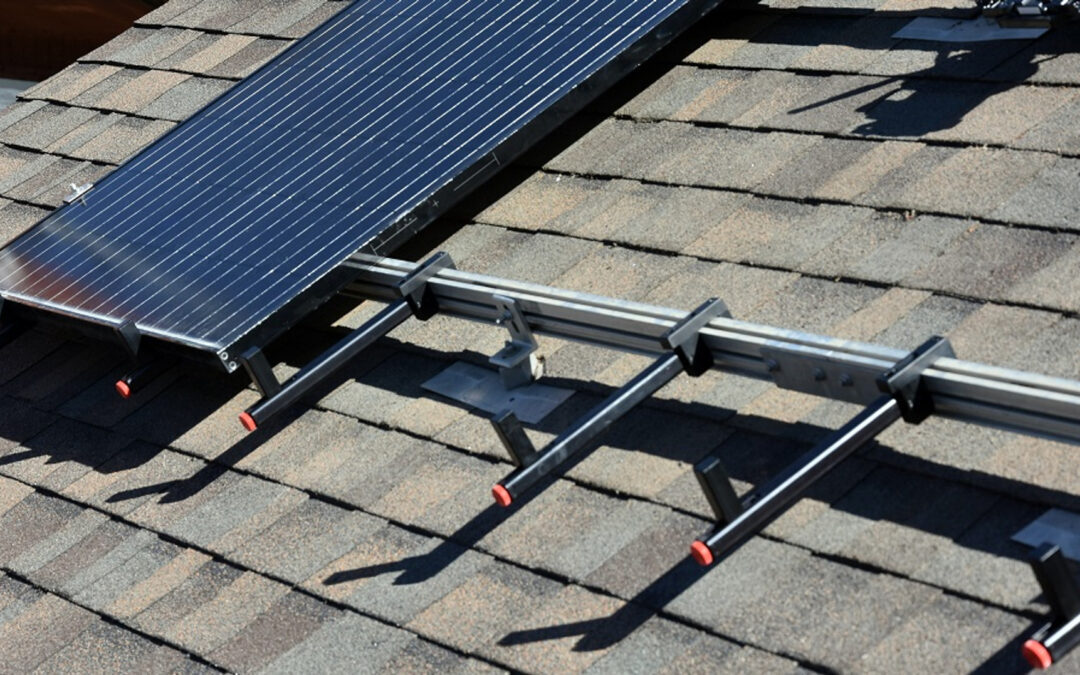Solar energy continues to grow in popularity across Oregon, allowing homeowners and businesses to lower energy costs while reducing their environmental impact. However, one essential question remains for those considering solar panels: “What are the financing options for solar installations?” Understanding the various financing options for solar installations can help you make an informed decision that suits your financial situation and long-term goals. This article explores choices like cash purchases, loans, leases, and more, focusing on options that maximize savings and offer flexibility.
Cash Purchase: Maximize Long-Term Savings
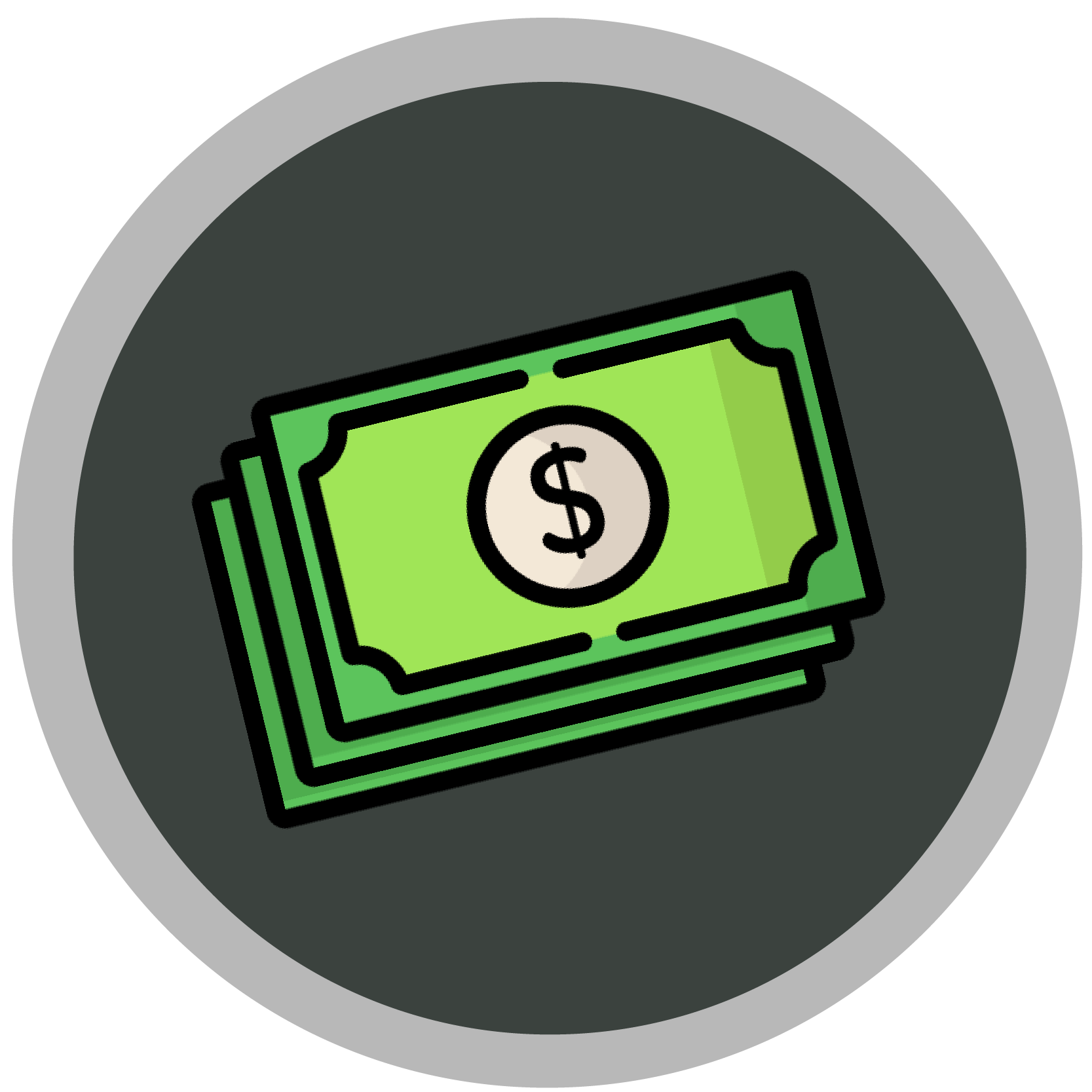
Cash purchase is obviously the most straightforward financing options for solar installations.
However, if an upfront payment isn’t feasible, other solar financing methods may better suit your needs.
Solar Loans: Flexible Financing for Solar Systems
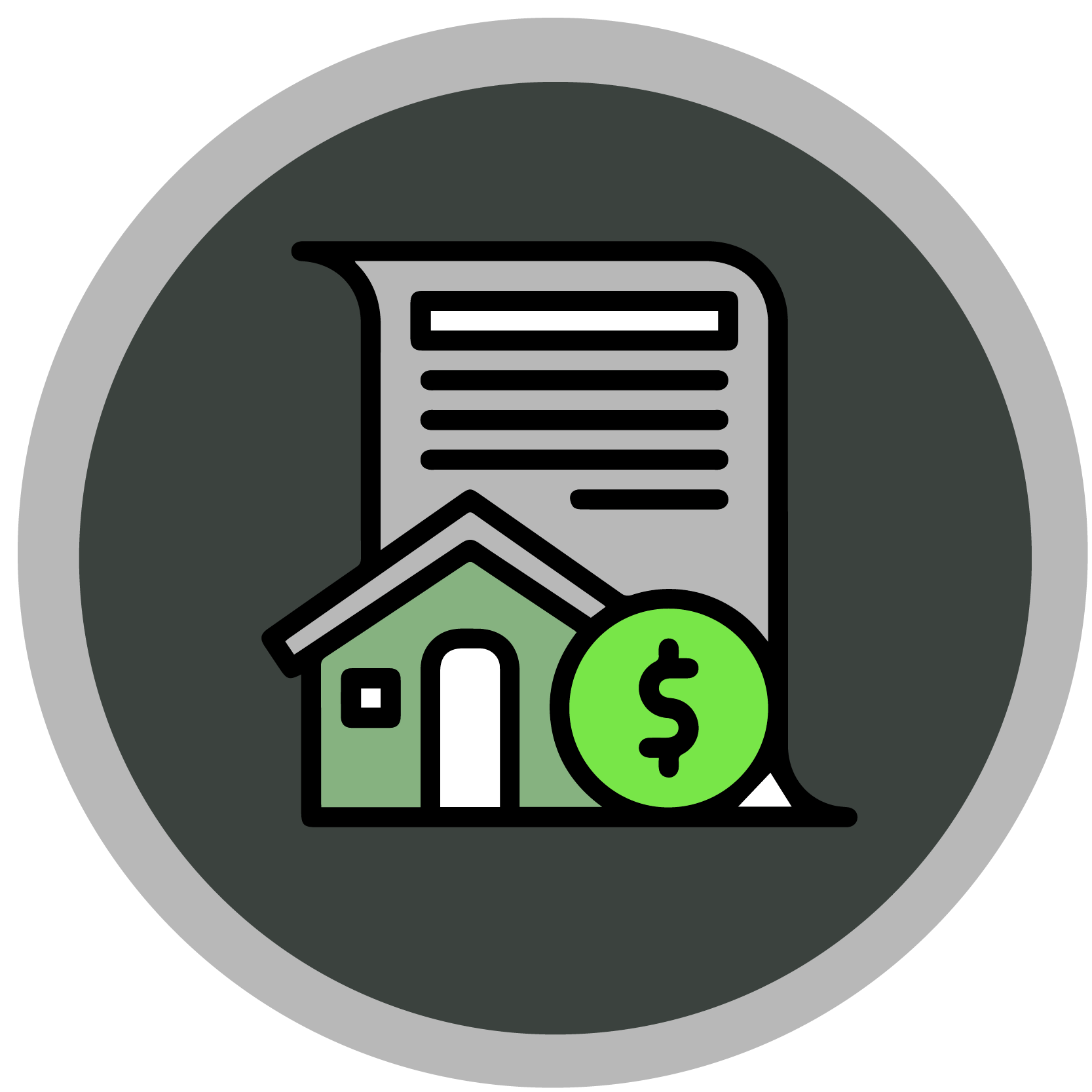
For those unable to cover the total cost upfront, solar loans provide a flexible financing option for solar installations, allowing you to spread the expense over several years while still benefiting from ownership. A solar loan lets you claim the federal Investment Tax Credit (ITC) and other incentives while managing payments over 10 to 25 years. With interest rates typically ranging from 3.99% to 8% for a standard HELOC solar loans can make system ownership more affordable³. Another option would be a cash loan with companies like Sungauge, or Mosaic, however the loan fees for these are typically much higher.
Before committing, it’s essential to understand the loan requirements for solar systems. Most lenders evaluate credit score, debt-to-income ratio, and property ownership. Generally, a credit score of 650 or higher is recommended, though some lenders may offer more flexible terms⁴.
Here’s a typical solar loan example: If you borrow $20,000 with a HELOC to install a 5kW system at an interest rate of 4.5% over 20 years, your monthly payments would be about $125. This solar financing model allows you to start saving on energy bills without a large upfront investment⁵.
For homeowners seeking flexible financing solutions, SunGage offers tailored solar loans. Explore more in our guide: Solar Financing for Homeowners: Sungage
Leasing and Power Purchase Agreements (PPAs): No Upfront Cost
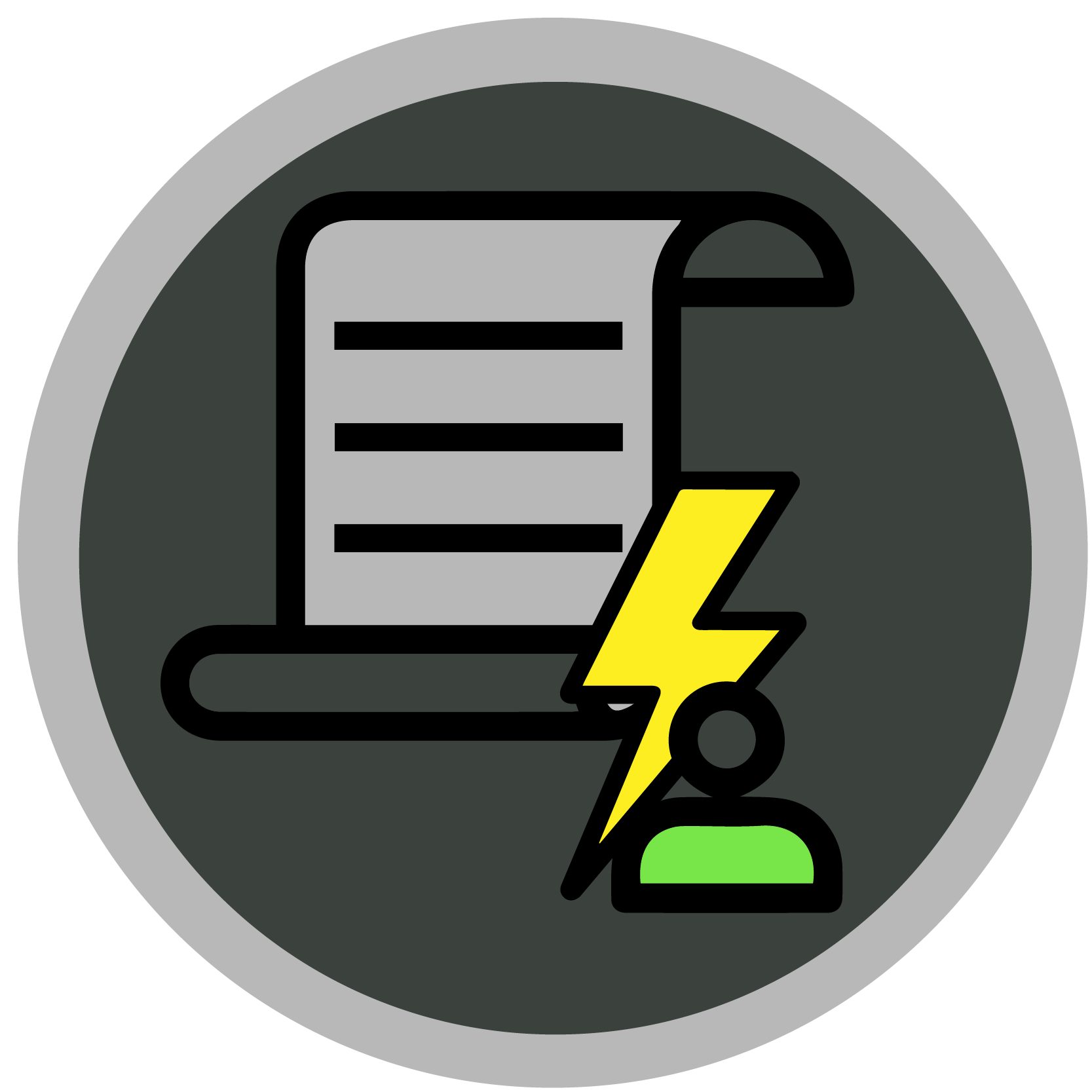
Leasing a solar system or entering into a Power Purchase Agreement (PPA) can be an ideal financing option for solar installations for homeowners and businesses who want to avoid upfront payments. With a PPA, you agree to buy the energy the system generates at a fixed rate, while a lease involves set monthly payments to the installer. Both options eliminate upfront costs but come with trade-offs.
For instance, while leasing solar panels may reduce initial expenses, data shows that over a 20-year lease term, the total cost can be 20-30% higher than ownership through a solar loan due to price escalators and the inability to claim tax credits or local incentives. Homeowners who lease their systems typically forfeit around 10-20% of potential savings compared to those who own their systems. Additionally, leasing contracts often include price escalators, which can increase payments over time, further contributing to higher long-term costs.
In terms of popularity, about 23% of residential solar installations in the U.S. in 2021 were financed through leasing or PPAs, especially among those who may not qualify for a loan or who prefer avoiding upfront payments¹. While this method benefits those prioritizing cash flow, long-term savings are generally lower than owning the system.
So, which financing option has the highest overall costs? As expected, leasing and PPAs can result in higher long-term costs due to the inability to claim tax credits and incentives, resulting in reduced savings over time. For those seeking to maximize long-term savings, owning the system through a loan or cash purchase provides a more financially sound solution.
Community Solar: A Solution for Renters

Community solar could be a practical financing option for solar installations for those who rent or whose roofs aren’t suitable for solar panels. With community solar, you can subscribe to a portion of a larger, off-site solar installation, allowing you to benefit from renewable energy even without installing panels on your property. This option is ideal for people who can’t have their solar systems but still want to contribute to and benefit from solar energy production⁷.
How does solar financing work for community solar participants? Subscribers typically pay a set monthly fee for their portion of the energy generated, enabling them to enjoy the advantages of solar energy without the commitment of ownership. However, this model generally offers less in savings than owning a rooftop system outright.
Is Financing Solar Panels Worth It?
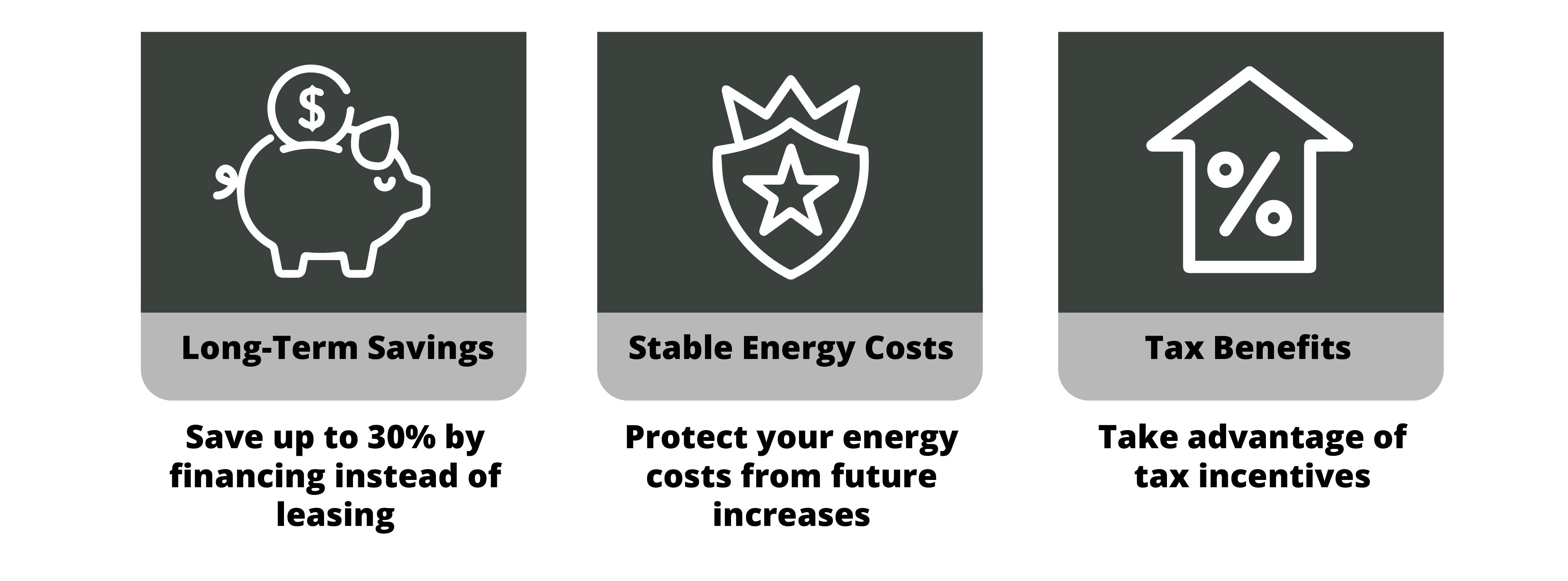
For most homeowners and businesses, financing solar panels is a wise investment, especially given the potential for long-term savings. According to the National Renewable Energy Laboratory (NREL), homeowners who choose solar-specific financing options for solar installations, such as loans, can save up to 30% compared to leasing or Power Purchase Agreements (PPAs). Solar loans generally offer lower overall costs and allow homeowners to take full advantage of available tax incentives⁸.
In addition, financing your solar system enables you to lock in lower energy costs, shielding you from future utility rate increases. Over the system’s lifespan, this can translate into substantial savings. However, assessing your financial goals and determining which financing option best aligns with your long-term plans is essential.
Which Financing Option Has the Highest Overall Costs?
When comparing financing options for solar installations, solar leases, and PPAs generally have the highest long-term costs. This is due to escalating payments and the lack of ownership benefits. In contrast, despite having the highest upfront cost, a cash purchase offers the most substantial long-term savings. Solar loans serve as a middle ground, providing flexible, manageable payments while allowing you to own the system and benefit from available incentives¹⁰.
What are the Pros and Cons of Different Solar Financing Options?
Each financing option for solar installations comes with its pros and cons:
-
Buying Solar Panels: Ownership provides the highest long-term savings and can increase home value. However, it requires a significant upfront investment. As the owner, you’re also responsible for maintenance, although warranties typically cover essential components like inverters¹¹.
-
Solar Loans: This flexible financing option, often with low interest rates, enables you to benefit from tax credits and long-term savings. However, dealer fees may apply depending on the lender¹⁰.
-
Leasing/PPA: These options require no upfront cost, and maintenance is included. However, you forfeit ownership, resulting in lower long-term savings than owning the system¹⁰.
How Can You Determine the Best Financing Option for Your Solar Installation?

Choosing the best financing option for your solar installation depends on carefully assessing your financial goals, energy needs, and long-term plans. Suppose your priority is maximizing savings, and you have the financial resources. In that case, buying solar panels with cash or through a solar loan is typically the best path, as both options allow for ownership and access to tax incentives. However, immediate savings and lower upfront costs are more important to you. In that case, leasing or Power Purchase Agreements (PPAs) might be more suitable, although these options often lead to lower savings in the long run.
Beyond financial goals, evaluating specific terms in each contract is essential. Reviewing quotes from multiple installers, checking for hidden fees or price escalators, and understanding the loan or lease conditions can help you make an informed choice that aligns with your budget and goals.
Takeaway
With the variety of financing options for solar installations available today, finding the right one can seem overwhelming. However, by weighing the pros and cons of each approach—cash purchase, solar loan, lease, or PPA—you can select a financing solution that meets your unique financial situation and energy goals. Whether you’re seeking to maximize long-term savings, secure flexible payment terms, or prioritize quick installation, there’s a financing option designed to support your transition to solar. By carefully choosing a financing method, you’ll ensure that your investment in solar energy is both financially sound and environmentally impactful, setting you on a path to sustainable energy savings for years.
Before choosing a financing option, it’s important to explore multiple offers to find the best terms. Learn why Is It Advisable to Compare Multiple Quotes for Solar Installation?.
Footnotes:
¹ Wood Mackenzie. (n.d.). Major financiers capitalize on a growing US residential solar market. Retrieved from https://www.woodmac.com/news/opinion/major-financiers-capitalise-on-a-growing-us-residential-solar-market/
² Zillow. (2019). Homes with solar panels sell for 4.1% more. Retrieved from https://www.zillow.com/research/solar-panels-house-sell-more-23798/
³ EcoWatch. (n.d.). Solar loans: Financing options for your solar panel system. Retrieved from https://www.ecowatch.com/solar/solar-loans
⁴ EnergySage. (n.d.). Solar loans: What you need to know about financing a solar panel system. Retrieved from https://www.energysage.com/solar/solar-loans/
5 SolarReviews. (2023). How to find the best solar loan. Retrieved from https://www.solarreviews.com/blog/how-to-find-the-best-solar-loan
⁶ SEIA. (2023). Solar Power Purchase Agreements. https://www.seia.org/research-resources/solar-power-purchase-agreements
⁷ Solar United Neighbors. (2022). Community Solar Explained. https://www.solarunitedneighbors.org/community-solar/
⁸ National Renewable Energy Laboratory. (2021). Cost Comparison of Solar Loans and Leases. https://www.nrel.gov/docs/fy21osti/76976.pdf
⁹ Solar Power World. (2021). What is a Solar Loan? https://www.solarpowerworldonline.com
¹⁰ SolarReviews. (2023). Solar financing options: Lease, loan, PPA, or cash purchase? Retrieved from https://www.solarreviews.com/blog/solar-financing-options
¹¹ SolarReviews. (2022). Benefits of Owning Solar Panels. https://www.solarreviews.com/blog/benefits-of-owning-vs-leasing-solar-panels

